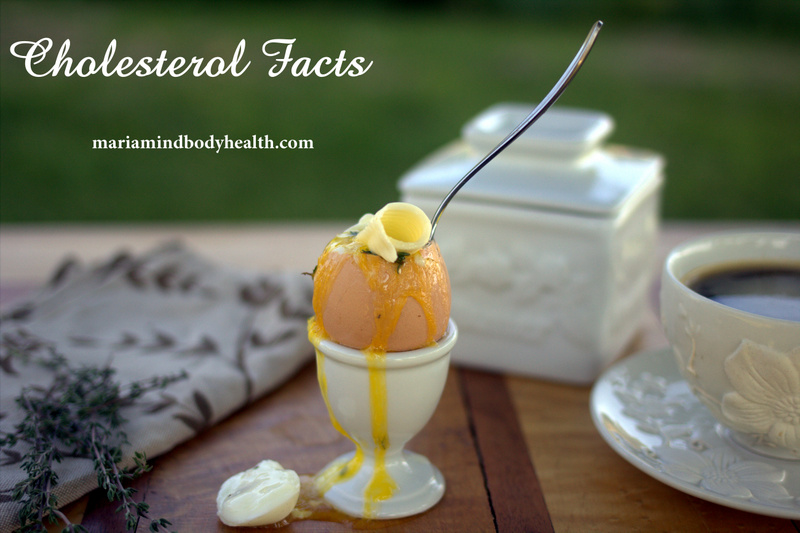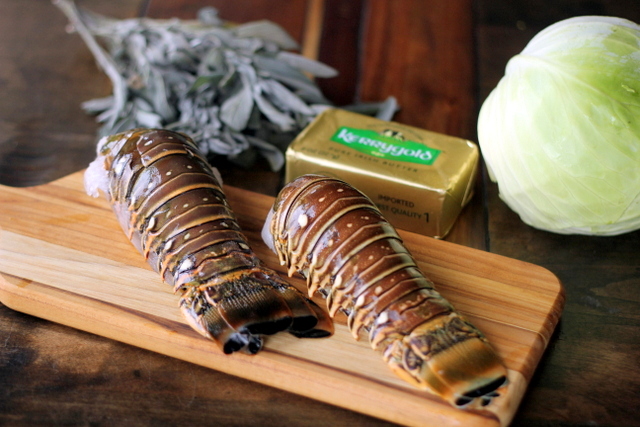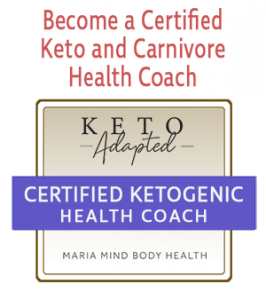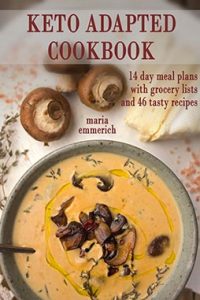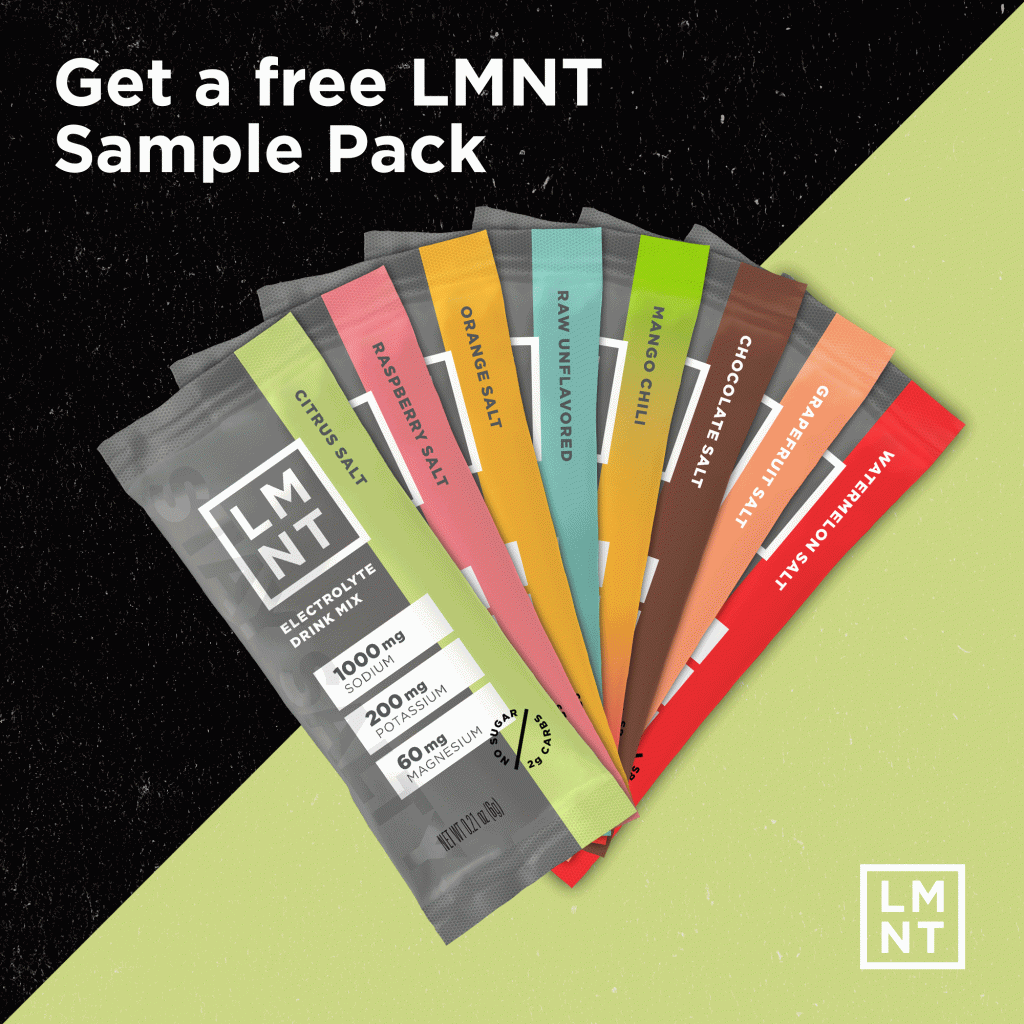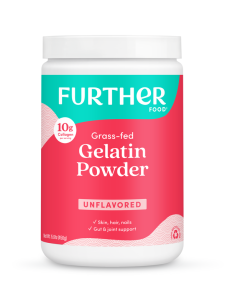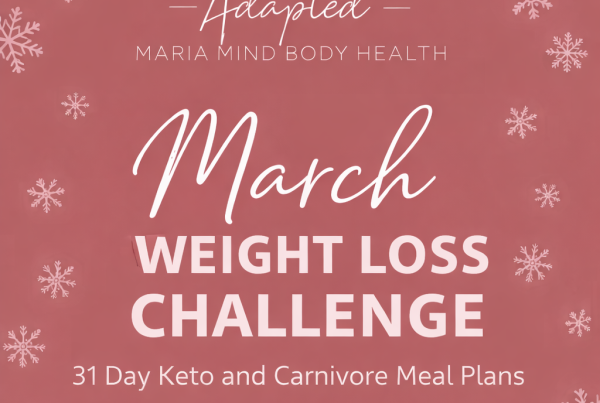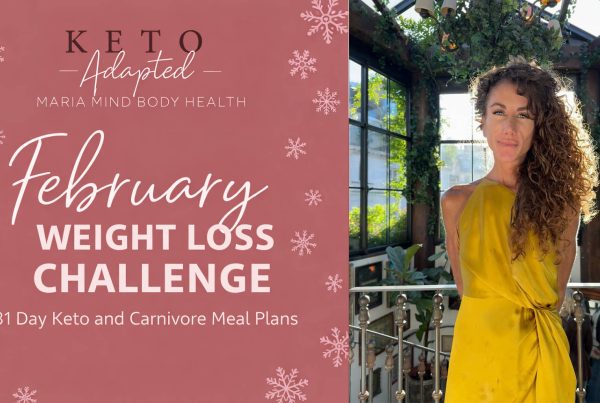Testimony of the Day
“I am a health and wellness professional and am exposed to various diets and nutrition plans. Through my own research, personal trials, or client experience, I have a strong understanding of how one can gain control of their weight and establish a healthy relationship with food. Of course, not one nutritional profile works for everyone and I highly advise individuals to do their own research and application to find what fits for their lifestyle and goals.
As a pro figure competitor, I have run the gamut when it comes to using nutrition in order to strip away body fat while preserving muscle mass. For many years, I followed the advice of most competition prep coaches—six to seven meals a day with a typical mix of lean proteins, complex carbohydrates, and healthy fats adding up to near 1800 calories. The first few times following this stringent clean eating plan, with an occasional ‘cheat’ meal, worked wonders as my body responded in an expected way. However, as I tried to maintain this lifestyle it became less and less effective. I always felt hungry and unsatisfied, I experienced cravings—mostly for sweets, and emotionally I wasn’t feeling my best. Worst of all, I wasn’t seeing the results I desired while preparing for another competition. I hit a plateau in my process that I couldn’t seem to get around resulting in a disappointing finish on show day.
After struggling for a few more months trying to continue this way of eating, I began to pay more attention to what Maria Emmerich was posting on social media and then borrowed a few of her books from a friend. I was skeptical at first, thinking her method was very extreme but realized I had nothing to lose at attempting ketosis. I transitioned away from my complex carbs (sweet potatoes, oatmeal, brown rice, and quinoa) slowly, eliminating one serving at a time and introducing more fats (butter, coconut oil, etc.). Once the grains were completely eliminated, I began to notice a change. This change was not only physical but emotional. I felt more satisfied with my meals, a reduction in cravings, and overall balance with my mood.
My body responded in a way that was better than ever before. I never felt deprived throughout my most recent competition prep and did not follow a typical deplete the week before the show. My strength only continued to improve throughout the process, whereas in the past it always decreased during this process. After all other competitions, the following days or weeks are difficult finding a balance with ‘treats’ and ‘normal’ eating. This last time around, I felt a strong sense of control and minimal urge to stray from Maria’s way. I was happy and knew that I had found something I could maintain, not only for show prep but for life.
I still continue to model my nutrition after Maria’s recommendations and have maintained my figure with more stability and less fluctuation. I don’t often feel as though I am missing out on anything and know that including plenty of healthy fats in my diet, rather than a focus on complex carbs, has helped this change occur. I am able to maintain high energy and strength to fuel my day and my workouts using ketosis.
To me, after reading and researching Maria’s ketosis method, it makes complete sense and will not be turning back!” Sienna
To get started on your transformation, click HERE.
If you want to learn more about the keto-adapted diet that Sienna is referring to, check out my new book: Keto-Adapted!
CHOLESTEROL FACTS
My grandpa Vince survived his first heart attack at age 32, but with the diet that his doctor recommended it is no wonder his heart never healed. He eventually required heart surgery at age 45, then another one at age 52. At that point, the doctors gave him 5 years to live; he made it 9 and died at age 61 on Thanksgiving morning. He was given nutrition advice from his doctor to never eat eggs, butter, or saturated fat. He was living off of fake butter substitutes and popcorn. His doctor would be shocked if I served him food like this!
Cholesterol is not the bad guy that we have vilified; it is vital for every cell in your body. You cannot live one day without it! It does not damage arteries, it repairs arteries![8] I like to refer to cholesterol as the firefighters in our bodies. They help stop the inflammation that is occurring. When you kill the firefighters (cholesterol), sure your cholesterol numbers will go down, but did the inflammation (fire) go away? No, it didn’t.
Cholesterol is so important to the human body that nature has devised a backup plan in the event your diet falls short. When that happens, your liver steps in to make cholesterol to give your body a baseline level. The high levels of insulin that are released in a low-fat, high-carb diet also trigger the body to tap off leftover blood sugar into the liver to make cholesterol and triglycerides which are used for energy and fat storage.
In its natural, unstressed state your liver makes 75% of the cholesterol your body needs. The rest you have to eat, which is my favorite food group: butter, meat, whole-fat dairy products, shellfish and eggs.
If you deprive yourself of cholesterol, your liver overproduces cholesterol to make up the difference and stocks up. This overdrive state can’t shut off until you start eating cholesterol again. So, a low-cholesterol, high-carbohydrate diet can actually lead to heart disease!
Most importantly, the biggest contributor to heart disease risk is inflammation. A well-formulated keto-adapted diet is very low in inflammation. Sugar and carbs are the big culprits when it comes to increased inflammation. Coronary Artery Disease occurs when an LDL particle (usually a small dense one) gets lodged in a lesion (caused by inflammation) in the artery wall. It then releases its cholesterol into the artery wall which starts the formation of plaque. So if you have very low inflammation and no arterial lesions for the LDL to get stuck in, your cholesterol numbers aren’t really relevant.
“We’ve long known that atherosclerosis is an inflammatory disease. In the absence of inflammation or injury to the endothelial cell, the cholesterol would never go through the arterial wall and it would never stay there. – Dr. Dwight Lundell”[59]
Well formulated keto-adapted diets:
1. Reduce body fat much more than low-fat diets, even though the low-carb groups are allowed to eat until fullness [10, 11].
2. Lower blood sugar and improve symptoms of diabetes [12].
3. Increase HDL (the good) cholesterol much more than low-fat diets [13].
4. Change the pattern of LDL (the “bad”) cholesterol from small, dense LDL (very bad) to Large LDL [114, 15].
5. Cause a greater reduction in blood pressure [16, 17].
6. Lower blood triglycerides much more [18].
They improve ALL biomarkers of health MORE than the low-fat diet still recommended by the authorities. If you want to get started on a well-formulated keto-adapted diet, take the planning out and get my 30-day meal plans which include a very detailed grocery list. Click HERE to get started on your path to healing.

